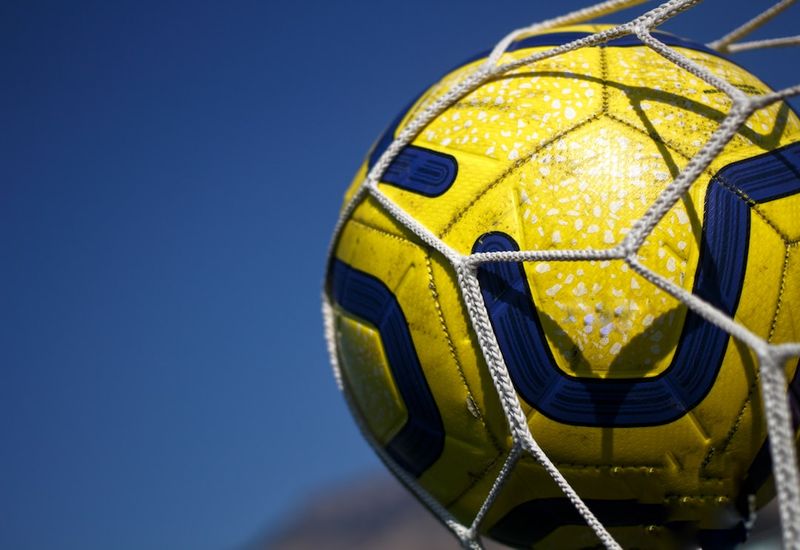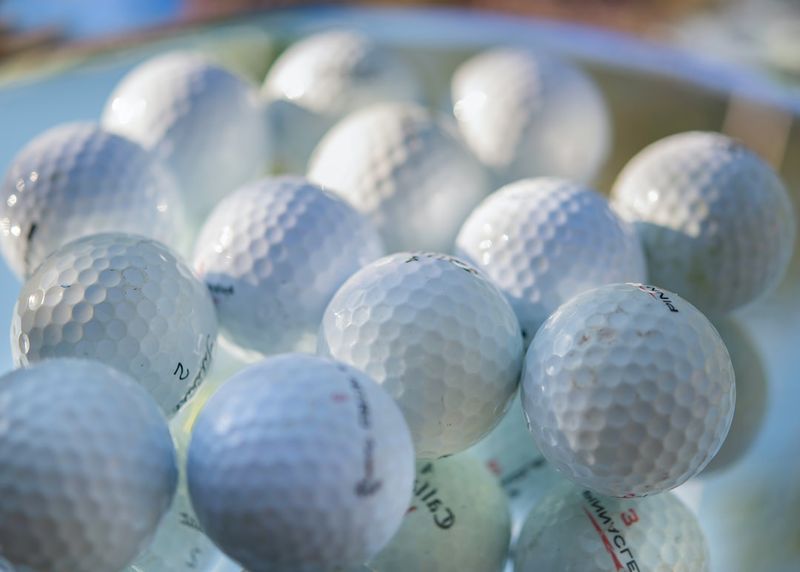NRL Legend Robbie O’Davis Opens Up About Mental Health Struggles and Brain Injuries
Robbie O’Davis, a former NRL legend and two-time premiership-winning player for the Newcastle Knights, has recently revealed the heartbreaking battle he faced with mental health issues and undiagnosed brain injuries. O’Davis, now 50 years old, shared that he came dangerously close to ending his life due to the impacts of repeated brain trauma from his fearless playing days. His story sheds light on the urgent need for better support and understanding of brain injuries in professional sports, particularly in codes such as rugby league, Aussie rules, rugby union, and boxing.
The Grim Clifftop Ritual
According to O’Davis, he reached a point of desperation where he found himself on the edge of a cliff, drinking a case of 24 beers and throwing the empty bottles over the edge. Each time a bottle shattered on the rocks below, he contemplated following it and ending his life. However, the thought of his teenage son and daughter stopped him from going through with it. The gut-wrenching nature of O’Davis’ experience highlights the devastating toll that brain injuries can have on athletes’ mental health.
The Rise of Chronic Traumatic Encephalopathy (CTE)
O’Davis was eventually diagnosed with chronic traumatic encephalopathy (CTE), a progressive and fatal brain disease associated with repeated blows to the head. CTE is now recognized in several former players of rugby league, Aussie rules, rugby union, and boxing in Australia. The symptoms of CTE often include mood and behavioral problems, cognitive difficulties, and can lead to dementia and early death. O’Davis’ diagnosis came as a result of the efforts of Dr. Rowena Mobbs, Australia’s leading CTE clinician.
The Impact on Mental Health and Family
O’Davis’ heartbreaking journey to seek help was delayed by his fear of getting in trouble for littering. He didn’t realize that his mood swings and depression were symptoms of CTE. His daughter, Dior O’Davis, tearfully expressed her struggle and the fear of losing her father. The emotional toll on O’Davis’ family cannot be understated, as they witnessed his decline and battled alongside him.
Height and Vulnerability
O’Davis believes that his height, standing at just 172cm, made him more vulnerable to head injuries. His attempts to evade tackles by ducking through at forearm level may have contributed to the repeated blows to his head. Despite the implementation of stricter rules to protect current players, retired legends like O’Davis continue to suffer the long-term effects of their playing careers.
Support and Response from the NRL
O’Davis’ wife, Louise, shared that although his diagnosis of CTE was widely known in rugby league circles, neither of them had been contacted by the NRL. However, there is a glimmer of hope as the NRL has recently established the Life After Football Foundation to provide financial support for medical expenses, including annual brain scans for ex-players. This initiative is a crucial step towards addressing the health and well-being of retired athletes.
A Wider Problem in Professional Sports
O’Davis is not alone in his struggle. Other high-profile former players, such as John Platten, an AFL hall-of-famer, have also been diagnosed with CTE. Platten suffered 40 concussions during his illustrious 18-year Aussie Rules playing career. The growing awareness of brain injuries in sports should prompt major codes to take action and provide better support for players, including ongoing medical care and mental health resources.
The Fight for Recognition
Melbourne law firm, Margalit Injury Lawyers, is currently running a class action on behalf of former AFL players who have suffered head injuries between 1985 and 2023. They are advocating for CTE to be treated as a workplace injury, noting that footy players have been excluded from workcover nationally. This legal battle highlights the need for increased recognition and support for players affected by brain injuries throughout their careers.
Editorial: Addressing Brain Injuries in Professional Sports
The stories of Robbie O’Davis and John Platten, along with many others, serve as a stark reminder of the dire consequences of repeated brain injuries in professional sports. It is not enough to simply implement stricter rules to protect current players; we must prioritize the well-being of retired athletes who continue to suffer the long-lasting effects of their careers.
The NRL and other major codes in Australia have a responsibility to proactively support and provide resources to players both during and after their playing careers. This should include regular brain scans, mental health support, and ongoing medical care. The establishment of organizations like the Life After Football Foundation is a step in the right direction, but more must be done.
Additionally, it is imperative that the legal system recognizes the impact of brain injuries and provides avenues for compensation and support to affected players. Class actions, such as the one currently being pursued by Margalit Injury Lawyers, can serve as a catalyst for change and ensure that players are not left without the necessary resources for their recovery.
Conclusion
The harrowing experience of Robbie O’Davis sheds light on the urgent need for increased awareness, support, and research concerning brain injuries in professional sports. As fans and stakeholders, we have a duty to demand action from sporting organizations and the legal system to protect the well-being of athletes.
By prioritizing player safety and providing comprehensive support, we can ensure that the devastating toll of brain injuries is not overshadowed by the excitement and glory of professional sport. Let us learn from the stories of O’Davis, Platten, and others and work towards a future where the well-being of athletes is paramount.

<< photo by Monstera Production >>
The image is for illustrative purposes only and does not depict the actual situation.
You might want to read !
- The High-Stakes Showdown: India Takes on Pakistan in Super Four Cricket Clash
- Call Off: India-Pakistan Clash in Asia Cup 2023 Sends Shockwaves Through Cricketing World
- No “G’day, Jaren Jackson Jr.! Grizzlies star skips play for US in disappointing loss to Canada”
- “Wallabies vs. Sakura: Unraveling Japan’s Rugby World Cup 2023 Journey”
- “UFC 294: Anshul Jubli Joins Makhachev vs. ?? – India’s Rising Star Takes Center Stage”
- Outback Legends Unite: Sidemen Charity Clash 2023 Smashes Global Viewership Records
- Battle of the Beasts: Sharks Surge Ahead in NRL Finals Showdown
- “Michael Voss Opines on Jack Martin Incident: A Quick Analysis”
- “Facing the Final Fumble: Demons’ Forward’s Potential Absence Spells Trouble for Club”
- Mind Matters: Fostering Community Wellbeing and Mental Health in Australia
- “Revive Your Well-being: The Importance of September, Feel Better Month”
- Why Prioritizing Your Wellbeing in September Matters
- “The Hidden Impact: AFLW Player Heather Anderson Breaks New Ground as the First Woman Diagnosed with CTE”
- The Rise and Uncertain Future of Eugenie Bouchard in the World of Tennis and Pickleball
- Axed Aussie Rules Star Announces Retirement
- Time for FIFA to Crack Down on Sexual Abuse in Football




